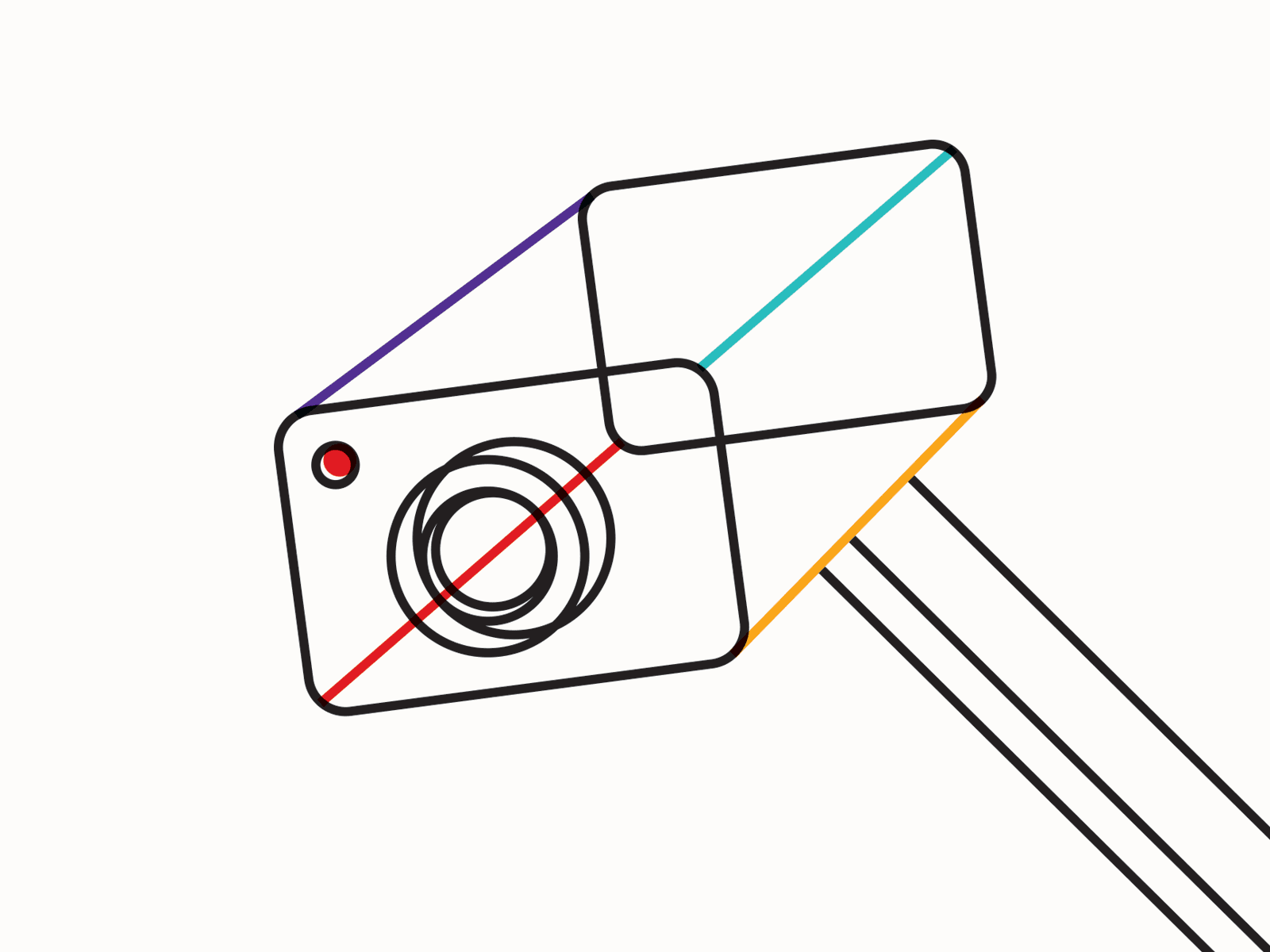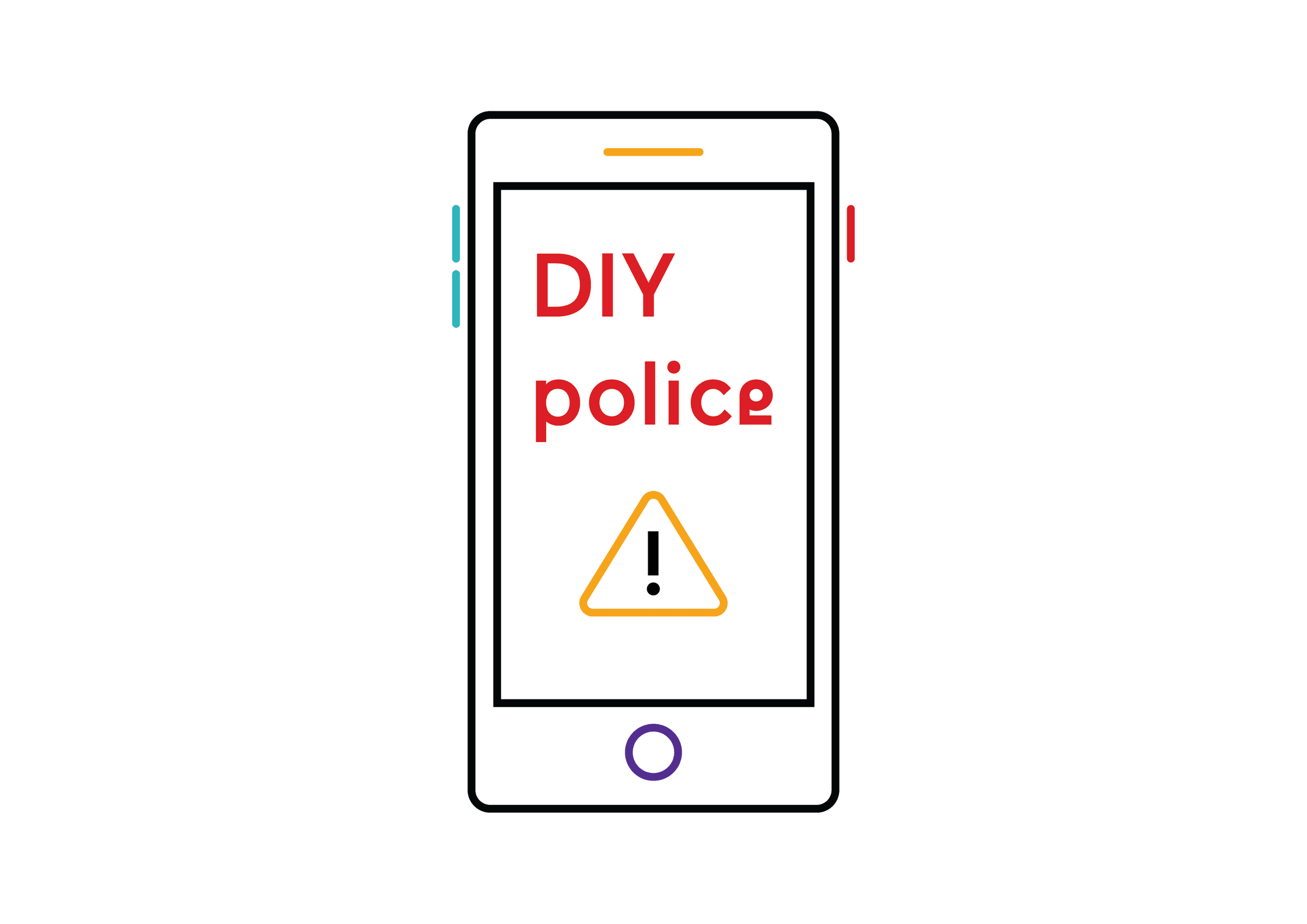In this blog series 'DO worry, be happy!', we talk to experts in the field of technology, innovation and ethics about new developments. Through the lens of current events, we ask them to explain why they are worried about how technology will shape the future. But don’t be afraid, we are also looking for ways to take over the direction that technology is taking us. So DO worry, but be happy!
Through the cameras of the municipality of Amsterdam, intended to keep polluting cars out of the city, the police watched whether criminals also entered the city. Since the coronation of Willem Alexander in 2013, they had arranged this access at the municipality, because that was necessary for safety at the time. A citizen can now no longer imagine being unobserved. A major problem, says Sander van der Waal, from Waag, who is involved in research into ethical technology and responsible use of data.
'The resident or visitor to Amsterdam cannot go through public spaces unobserved.'
What's the problem here?
The painful thing in this case is that cameras are hung for a specific purpose; maintaining environmental zones. The answer to the question: How do we exclude the dirty old diesel buses from the city center? This is widely communicated with the citizens. We are going to thoroughly clean up the air quality of the city center. But now we know that the data from these cameras is used to "catch criminals." There is a lot wrong with this when you talk about the relationship between citizen and government. But the most important problem: The resident or visitor to Amsterdam cannot go through public spaces unobserved.
Why do we have to worry about that?
As a citizen, you have a fundamental right to move anonymously through public space. That is a consequence of the legal principle of innocence. This innocence presumption is thus completely undermined. Images collected for the enforcement of an environmental zone are used for the detection of suspects. No agreements have been made about what is and what is not allowed with this data. No assessment has been made as to whether this is proportional. And the citizen is not informed about this. This is at odds with our right to privacy: you need the ability to move around the room anonymously. There must be a good reason to follow you. That reason is completely absent here.
'You need the ability to move around the room anonymously.'
It is worrying that this has been possible for years without anyone noticing that it is happening. This undermines confidence in the government that they are complying with the law and taking good care of citizens. This has been going on since 2013 and only now is it clear what is going on. This is a major showcase for the municipality's inability. Data can be misused to spy on unlawfully innocent citizens, all without the control or awareness of the citizens.
Do you see a trend?
The amount of data collected in the public space is increasing rapidly. That is why it is essential that there is proper regulation and control of the processing and use of this data. To continue to provide a guarantee for citizens to remain unobstructed in public spaces, we really need to organize it better.
It fits in with the trend of misguided use of technology by the government. She often first and foremost looks at direct gain that technology can bring without considering the wider implications of an application. The long-term vision is completely lacking here.
In part, regulation is present and legislative steps have been taken, with the GDPR and mandatory privacy assessments that the government must take. But you also see that practice lags behind the legislator. Technological development is going so fast that this is not enough. Face recognition is a technology that can be a fundamental violation of a citizen's rights. Much more is needed here than has been recorded. Organizations nationally and internationally rightly call for a temporary ban on this technology until legislation is sufficiently regulated and citizens' rights are sufficiently guaranteed. The Dutch Data Protection Authority cannot resolve this on its own. All levels of government are needed for this.
How can we exert influence ourselves?
The difficult thing about this case is that as an individual citizen you can do relatively little. Regaining control over this process is impossible. Tapping your license plate is forbidden and avoiding the center of Amsterdam by car is sometimes impossible. Perhaps we should all ride in shared cars, then the cameras do not know who is in what time. Unless those sharing platforms are then also going to share personal data with everyone.
'Make sure you do not use face recognition until it is properly arranged and the protection of the citizen is guaranteed.'
My call to the municipality and actually all governments: make sure that this is better organized with face recognition. Protect the citizen now and ensure that he can move anonymously through the public space. A disproportionate breach of privacy is something the government must be very cautious about. Get advice well in advance from experts and especially society. Make sure you do not use face recognition until it is properly arranged and the protection of the citizen is guaranteed. Only apply it if you are sure that the citizen is protected.

